Apple on Monday stopped signing code for iOS 11.4.1, the last version of iOS to be issued prior to the release of iOS 12 in September.
With the change, users can only download and install iOS 12 and above from Apple's servers. Those who have already upgraded to iOS 12, or the just released iOS 12.0.1, can no longer revert back to iOS 11.
Apple typically stops signing code for past releases about a month after a newer iOS version is issued to the public. The current iOS point release, iOS 12, was pushed out on Sept. 17, putting today's halt to downgrades roughly on par with previous moves.
A major update that concentrates more on bolstering existing functionality than adding new features, iOS 12 delivers enhanced performance for older iPhones, digital life management tools like Screen Time, Memoji characters for devices with the TrueDepth camera system and enhanced augmented reality functionality. Other highlights include improvements to Siri, Photos, notifications and more.
Apple regularly ceases code signing to prevent users from installing old iOS versions following the release of a new OS. The strategy keeps users safe and ensures devices are running the most up-to-date software, thus easing potential compatibility issues with new features and software.
The company today issued a minor update in iOS 12.0.1 to address bugs introduced with the latest operating system version. Notably, the release fixes Lightning charging issues experienced by a number of iPhone owners, as well as Wi-Fi connectivity issues suffered by users of the new iPhone XS series.
Apple last week issued a second beta version of iOS 12.1 to developers and public testers for evaluation ahead of an expected launch in the coming weeks. When it sees release, the update will deliver marquee iOS 12 feature Group FaceTime and support for more than 70 new emoji characters.
 AppleInsider Staff
AppleInsider Staff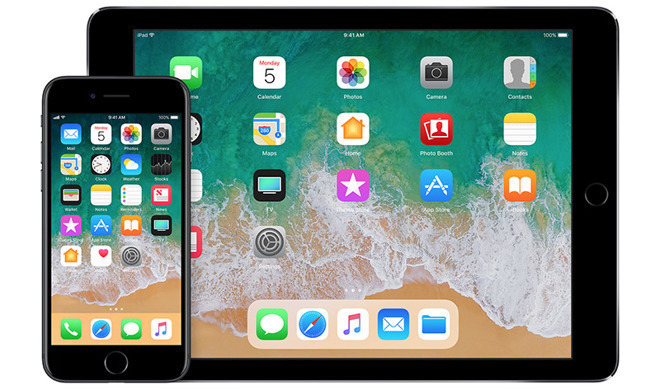



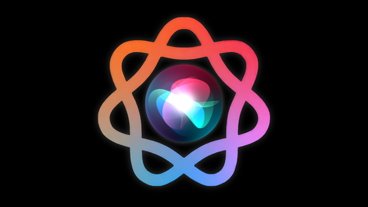

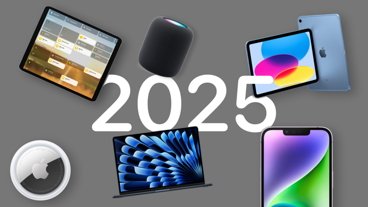


 William Gallagher
William Gallagher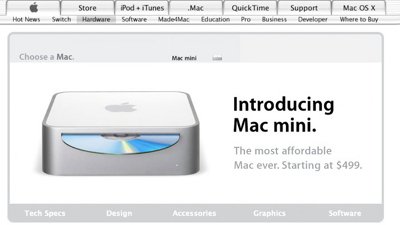
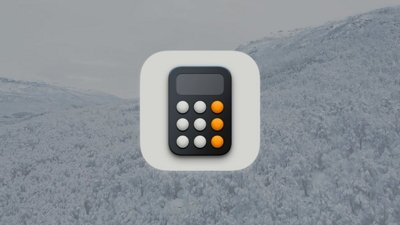
 Chip Loder
Chip Loder
 Marko Zivkovic
Marko Zivkovic
 Malcolm Owen
Malcolm Owen
 Christine McKee
Christine McKee

 Sponsored Content
Sponsored Content
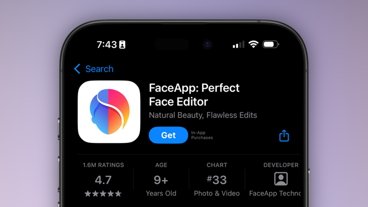







There are no Comments Here, Yet
Be "First!" to Reply on Our Forums ->